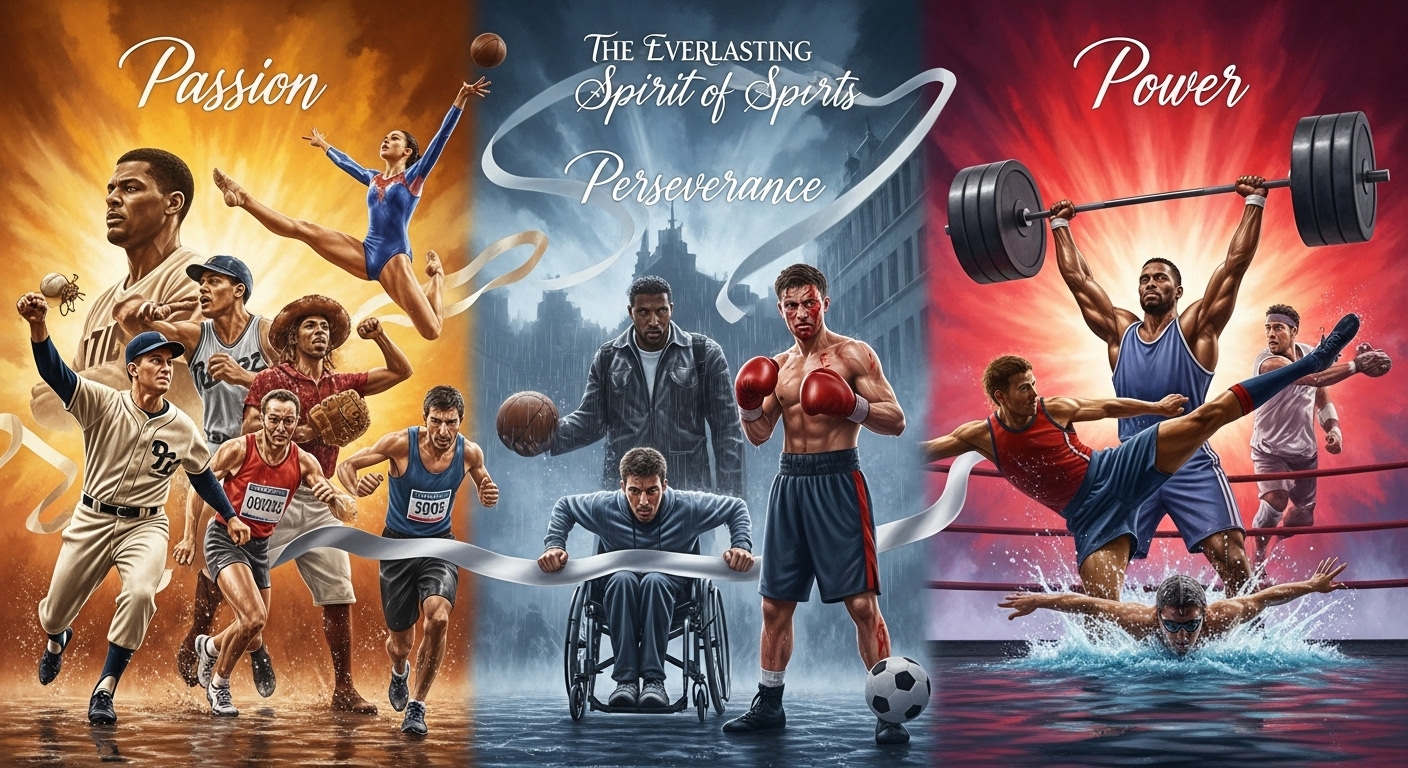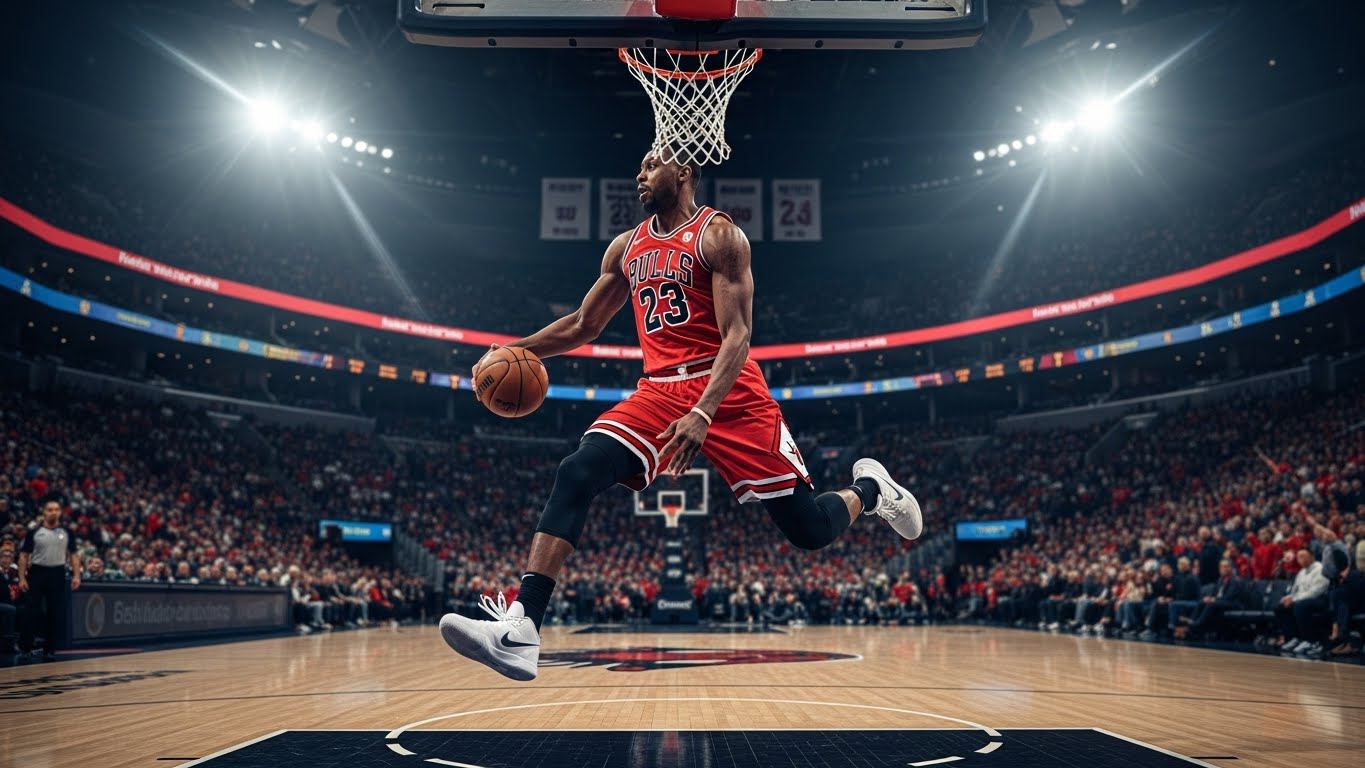Sports have always been a reflection of human culture, passion, and perseverance. From ancient civilizations to modern-day spectacles, the world of sports continues to captivate, inspire, and unite people across continents. It transcends boundaries, languages, and ideologies, creating a shared language of competition, skill, and emotion. In this article, we explore the multifaceted world of sports, examining its history, significance, and the sheer thrill it brings to both participants and spectators.
The Historical Roots of Sports
Sports are as old as human civilization itself. Evidence suggests that early humans engaged in physical competitions to hone their survival skills, such as hunting, running, and combat. Ancient civilizations like Egypt, Greece, and China formalized these activities into organized competitions, often tied to cultural rituals or religious events.
The Greeks, for instance, celebrated physical excellence through the Olympic Games, which began in 776 BCE. The Olympics were more than just competitions—they were a manifestation of human potential, discipline, and the pursuit of glory. Athletes trained rigorously, demonstrating that talent alone was not enough; dedication and perseverance were equally crucial.
Similarly, in medieval Europe, knights engaged in tournaments that combined martial skills with entertainment. In Asia, martial arts evolved into both a form of self-defense and a competitive sport, blending physical prowess with philosophy and mental discipline. These historical roots remind us that sports are not merely games—they are a testament to human ingenuity and the desire for excellence.
The Role of Sports in Society
Sports play a vital role in shaping societies. They act as a social glue, bringing together communities, nations, and even the world during global events. For instance, international competitions like the FIFA World Cup or the Olympic Games create a sense of shared identity and pride. People unite to support their teams, celebrate victories, and even endure defeats together.
Beyond entertainment, sports influence education, health, and social development. Participation in sports instills values such as teamwork, discipline, and resilience. Children who engage in sports learn to handle both success and failure gracefully, building essential life skills that extend beyond the playing field. Moreover, sports promote physical fitness and mental well-being, reducing the risk of chronic diseases and enhancing cognitive function.
Sports can also serve as a platform for social change. Athletes often use their visibility to raise awareness about critical issues, from gender equality to climate change. Their influence transcends the arena, inspiring millions to advocate for justice and inclusivity.
The Diversity of Sports
One of the most remarkable aspects of sports is their diversity. From individual events like swimming, gymnastics, and tennis to team sports like football, basketball, and cricket, there is a sport for every passion and talent. Each sport comes with its own set of rules, strategies, and cultural significance, reflecting the societies that cherish them.
For example, football is more than just a sport in countries like Brazil, Germany, and Argentina—it is a way of life. Cricket holds a similar place in India, Pakistan, and Australia, uniting millions with every match played. Basketball has become a global phenomenon, combining athleticism, strategy, and entertainment in a way that resonates with audiences worldwide.
Extreme sports, such as rock climbing, snowboarding, and surfing, push the limits of human capability, often demanding unparalleled courage and skill. Adventure sports attract thrill-seekers, encouraging them to confront fear, embrace uncertainty, and find exhilaration in the unknown.
The Psychology Behind Sports
The appeal of sports goes beyond physical exertion; it is deeply psychological. Competition ignites motivation, goal-setting, and mental resilience. Athletes often describe the mental challenges of sports as equal to, if not more demanding than, the physical ones. Focus, strategy, and the ability to perform under pressure are critical components of success.
Spectators, too, experience psychological engagement. The thrill of watching a last-minute goal, a record-breaking sprint, or an underdog victory stimulates emotional highs and lows. Sports provide a unique form of escapism, allowing fans to experience triumph, despair, and hope vicariously through athletes.
Iconic Moments in Sports History
Sports history is adorned with iconic moments that continue to inspire generations. Jesse Owens’ triumph at the 1936 Berlin Olympics challenged racial prejudice and showcased human excellence. Muhammad Ali’s boxing career revolutionized both sports and social activism, blending charisma with athletic genius.
In team sports, the 1999 FIFA Women’s World Cup final saw the U.S. team clinch victory in a dramatic penalty shootout, igniting global interest in women’s football. Michael Jordan’s dominance in basketball, Roger Federer’s elegance in tennis, and Usain Bolt’s unprecedented speed in sprinting have all left indelible marks on sports culture. These moments remind us that sports are not just contests—they are narratives of human courage, ambition, and the pursuit of greatness.
The Evolution of Sports Technology
Modern sports have evolved significantly due to advancements in technology. From equipment design to training methods, technology has enhanced performance and spectator experience. Precision timing devices, high-definition broadcasts, and wearable fitness trackers allow athletes to optimize their performance while fans enjoy immersive viewing experiences.
Video Assistant Referee (VAR) technology in football and Hawk-Eye in tennis have revolutionized decision-making, ensuring fairness and accuracy. Biomechanical analysis helps athletes refine techniques, prevent injuries, and extend careers. The integration of artificial intelligence in sports analytics is opening new frontiers in strategy, performance evaluation, and fan engagement.
Women in Sports
The rise of women in sports marks a significant cultural shift. Historically marginalized, female athletes have fought tirelessly for recognition, equal pay, and opportunities. Today, women compete at the highest levels, breaking records and challenging stereotypes.
Sports icons like Serena Williams, Simone Biles, and Marta have not only excelled in their respective disciplines but also advocated for gender equality and empowerment. Women’s sports leagues are gaining popularity, inspiring young girls worldwide to pursue athletic dreams without limitations. This progress emphasizes that sports are a universal right, not confined by gender, race, or social status.
The Global Impact of Sports
Sports transcend borders, creating a global community united by passion and respect. International tournaments foster cultural exchange, diplomacy, and mutual understanding. The Olympic Games, for example, bring together athletes from over 200 nations, celebrating diversity while promoting peace.
Major sporting events have economic significance as well, boosting tourism, infrastructure, and employment. Cities hosting events like the FIFA World Cup or the Summer Olympics experience global exposure, attracting investment and international collaboration. Beyond economics, sports diplomacy can ease political tensions, encouraging dialogue and cooperation through a shared love of competition.
The Future of Sports
The future of sports is dynamic, shaped by innovation, inclusivity, and sustainability. E-sports, once a niche phenomenon, has grown into a billion-dollar industry, redefining what it means to compete. Virtual reality and augmented reality are poised to transform fan engagement, allowing immersive experiences that bridge physical and digital worlds.
Sustainability is becoming a priority, with sports organizations adopting eco-friendly practices, from stadium design to event management. The integration of science, technology, and environmental consciousness ensures that sports remain relevant and responsible in the decades to come.
Sports as a Metaphor for Life
Perhaps the most profound aspect of sports is its reflection of life itself. The triumphs and defeats, challenges and breakthroughs, mirror our personal journeys. Sports teach resilience in the face of adversity, the importance of teamwork, and the value of relentless effort. Every game, match, or race is a microcosm of human experience, reminding us that success is earned, setbacks are temporary, and passion drives achievement.
Conclusion
Sports are more than a pastime—they are a celebration of human potential, creativity, and connection. They unite communities, inspire individuals, and challenge the limits of what we can achieve. From ancient traditions to futuristic innovations, sports remain a testament to the enduring spirit of humanity. Whether participating on the field or cheering from the stands, we are all part of this grand narrative, sharing in the thrill, the passion, and the timeless joy of sports.



